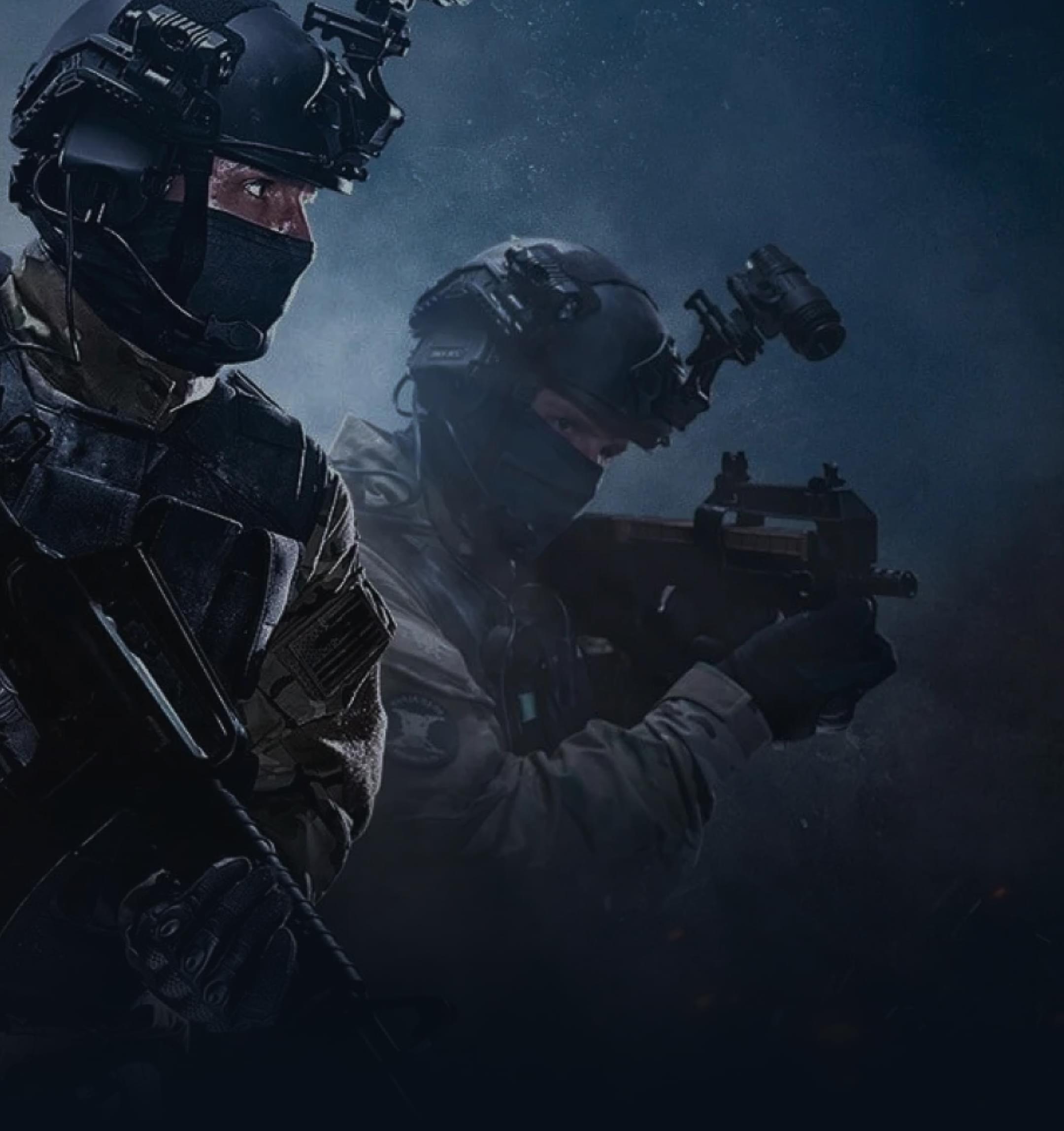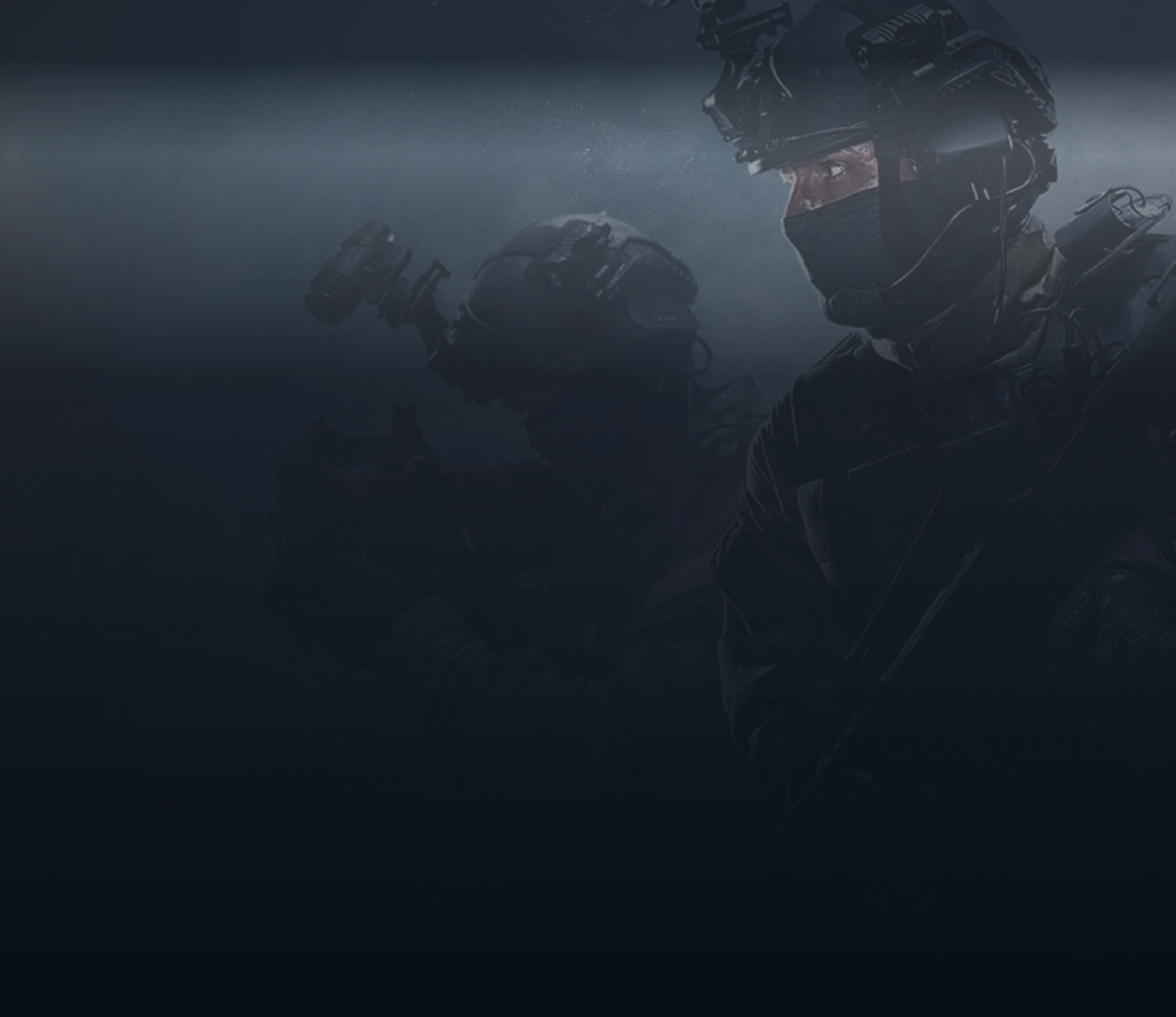There are rumors aplenty that cheating has become even more prevalent in CS 2 than it was in CS:GO, which leads many to ask about the CS2 cheating tools in place – and how they compare to those of Counter-Strike: Global Offensive.
However, comparing the anti-cheat systems of Counter-Strike 2 (CS2) and Counter-Strike: Global Offensive (CS:GO) is subjective and can depend on various factors. CS:GO has an established anti-cheat system called Valve Anti-Cheat (VAC), which has undergone continuous improvements and updates over the years. It makes use of both client-side and server-side detection methods in an attempt to identify and ban cheaters with the use of Overwatch being a big feature in the game for players to identify cheaters.
On the other hand, CS2’s anti-cheat system may vary depending on the platform, server configuration, and community-run servers. Some CS2 servers may rely on third-party anti-cheat plugins or community-driven moderation to combat cheating.
In terms of effectiveness, both games have faced ongoing challenges in combating cheating due to the ever-evolving tactics that are used by cheaters… There are always those looking for ways to beat the system. CS:GO’s VAC system has a solid track record of detecting and banning cheaters, but it’s not infallible. Similarly, CS2’s anti-cheat measures may vary in effectiveness depending on the server’s setup and the diligence of server administrators.
Ultimately, whether one game has a “better” anti-cheat system than the other can be subjective and very much depends on individual experiences and preferences. But it’s fair to say that both games do their best to maintain a fair and competitive environment for players… but no anti-cheat system is perfect, and cheaters, if they try hard enough, will find ways to bypass detection.
CS2 Cheating
According to Steam Charts, approximately 1.4 million online users are currently playing CS2. However, the game is plagued by a significant issue of cheating – with more cheaters than ever… and with many players resorting to third-party software to try and gain an unfair advantage. These cheaters often use various tactics, such as creating multiple accounts to try and evade detection, playing fewer matches on each account in order to reduce reports, and prolonging the lifespan of their accounts.
In CS2, cheaters typically fall into two categories. The first type cheats just for fun and because they can – and they get real satisfaction from unfairly beating their unwitting opponents. The second type of cheater does so to boost their account’s ranking – possibly with the intention of selling it for real money in the future. Valve has flagged certain accounts with a 100% win rate on the leaderboard as potential cheaters, which has led to their exclusion from the list.
What Does the CS Community Think About It?
Numerous reports of players that have encountered cheaters are flooding popular forums like Steam Community and Reddit. These cheaters are known for using various hacks, including wallhacks enabling them to see through walls and aim hacks granting instant kills upon targeting the screen.
There are several instances shared by users who have faced cheaters during CS2 matches, where they express their dissatisfaction about the problem:
“The issue of ‘Cheating’ in CS2. After playing 2 matches tonight, both of which had a cheater, my opinion has changed significantly.”
“I’m not exaggerating when I say that almost every other game features one or more cheaters. It’s not just wallhackers; there are also plenty of aim assist and full-blown aimbots. I expected better anti-cheat measures with VACnet, but it seems to be getting worse. After reviewing demos from suspected games, it’s clear about 9 out of 10 times: they’re scanning through walls, not checking corners or angles, and running with their knife out until they detect someone”,
As you can see, this is a problem that is considered to be getting worse, not better.
A Problem for Loyal Players
Coming across a cheater on the enemy team can completely spoil the whole gaming experience for everyone – leading to frustration and the feeling that you’ve wasted your time. The cheater’s team will often secure an unfair advantage – disrupting the game’s flow and leaving players feeling negative. For those who have limited time for gaming, cheaters wasting your precious time can be particularly unwelcome.
However, identifying cheaters isn’t always that easy. Players labelled as ‘smurfs’ may appear exceptionally skilled without resorting to cheats. These players often have high-ranking primary accounts as game experts – but use secondary lower-ranked accounts for casual or practice matches.
Platforms such as Faceit offer a lower risk of encountering cheaters. Reports of cheating are usually quickly addressed, leading to permanent bans. However, Valve’s approach in Premier and Competitive matches involves a longer process for banning offenders, which can delay the resolution of cheating incidents.
The Most Common Issues with Cheats Right Now
Cheating remains a pervasive issue – that can be encountered across various ratings and ranks in the game. As such, it’s important to recognize that having an old account with a substantial inventory doesn’t automatically mean that the player isn’t a cheater. Monitoring ban wave statistics reveals that there are lots of high-level Steam profiles that are being banned by VAC.
Have you ever experienced a situation where a player that has been struggling throughout the game suddenly starts to kick ass? Unfortunately, 5-stack teams are a lot more common than you’d think – although only a few of them use cheats. In some cases, cheaters, even when they have been killed, can relay your whereabouts to their teammates.
The absence of Overwatch may have led to fewer manually enforced bans on players. Given Valve’s commitment to improving the gaming experience through new and improved features, it’s not beyond the realms of possibility that, in the forthcoming game version, they will incorporate a revised or updated Overwatch system.
Dealing With Cheaters
Handling cheaters can be difficult – and knowing what to do with them isn’t easy, especially depending on their cheat type. If a cheater activates “RAGE” mode – instantly wiping out the entire enemy team, then defeating them becomes nearly impossible.
Against wallhack users, shooting accurately will increase your odds of beating them. However, you should avoid holding the SHIFT key, as they already know your location. Use prefires when peeking and aim for instant takedowns.
Dealing with Aim Hack users poses a challenge similar to “RAGE” mode but to a lesser extent. In this instance, players should think about working together, attacking with 2-3 people – and then eliminating the enemy team.
Remember – never give in! Always aim to win and never surrender – even when facing cheaters.
Spotting the Cheaters in CS2
If you observe an opponent that seems to act suspiciously – consistently seems to know your position in the game, even when you keep on changing it – or they seem to be able to eliminate you with extraordinary speed, it may indicate that they are cheating. Cheaters that use “RAGE” mode are especially conspicuous, as they can quickly take out your entire team.
The Most Effective Anti-Cheat Measures
If you think that a player, either on your team or the opposing team, is potentially a cheat, then it’s very important that you report them to Valve. This will allow Valve to investigate and potentially issue a VAC ban if they do find evidence of cheating.
To report a player, follow these steps:
- Open the Scoreboard (Tab).
- Right-click on the player’s name.
- Hover the cursor over the player you wish to report.
- Left-click on the player’s name and select “Report.”
- Choose the type of cheat used from the list of options.
- Click “Submit” to send the report for review.
What is Valve Doing to Combat the Problem?
Providing you with an exact answer to this question is a difficult one – as only Valve developers could possibly have that knowledge. While Valve is continually working on ways to improve its anti-cheat measures, completely eradicating cheating altogether simply doesn’t seem to be possible at the moment. Occasionally, the issue seems to be beyond control, which leads them toward implementing ban waves to try and restore fair play. Hopefully, they’ll find a solution soon so that everyone can enjoy a cheat-free Counter-Strike gaming experience.
Valve, a prominent gaming company, has developed Akros, an anti-cheat software, to detect cheating during open qualifying tournaments. During the recent open qualifiers for the RMR to PGL Major Copenhagen 2024 held across eight regions from January 8th to 17th, over 30 players were reportedly caught using third-party software. Akros tweeted about the event, stating that cheating in CS2 is rampant, but later deleted the tweet amidst increasing debate.
FAQ
Why is CS2 so vulnerable to cheating?
CS2 seems to be particularly vulnerable to cheaters thanks to the challenge it has of initially detecting cheats. Additionally, more players are starting to resort to purchasing third-party programs to try and boost their ratings, given the competitive nature of CS2. These cheating tools are now readily available and easily downloadable, so users can use and operate them seamlessly once they have been installed.
How can I try to protect myself from CS2 cheaters?
You should attempt to eliminate the cheater as a team rather than individually, which will minimize their chances of success. Additionally, you should also make sure you report the cheater to Valve either during the match or when it has finished.
What are developers currently doing to fight cheating in CS2?
Valve currently employs the VAC anti-cheat system as well as a behavioral rating system for each player. Additionally, players are required to link a cell phone number to their account for identity verification, which is put into place to minimize the risk of duplicate accounts and cheating. Valve also regularly issues updates and patches to address bugs and improve the overall game experience.
What are Anti-Cheating tools?
Anti-cheating tools are software or systems designed by developers such as Valve and Riot Games to detect and prevent cheating in video games such as CS2. They include anti-cheat software integrated into games, server-side detection mechanisms, and third-party tools. These tools are used to encourage fair play by identifying and penalizing players who use cheats or hacks.
What are False Positives?
False positives are where innocent players are banned for seemingly innocent actions because of anti-cheating software, which has diminished trust in the system. For example, players who move their mice too quickly have sometimes unexpectedly found themselves being banned from the game.


